College football has often been marred by controversy, with scandals that redefine programs, tarnish reputations, and spark national debate. While Michigan’s recent sign-stealing allegations have drawn attention, it is just one in a long series of infamous incidents. From recruiting violations to academic fraud and misconduct, college football has faced its share of dark moments. Below are ten of the most significant scandals in the sport’s history, each leaving a lasting impact.
1. Jerry Sandusky Scandal at Penn State
In 2011, long-time Penn State assistant coach Jerry Sandusky was exposed as a serial sexual abuser, shaking the sports world. The university faced scrutiny for systemic failures, including legendary head coach Joe Paterno’s lack of action. Paterno was fired, the athletic director resigned, and the university president was removed.
The NCAA imposed harsh penalties, including a postseason ban, scholarship reductions, vacated wins, and a $60 million fine. Although some sanctions were later reversed, the scandal’s damage to Penn State’s legacy is permanent.
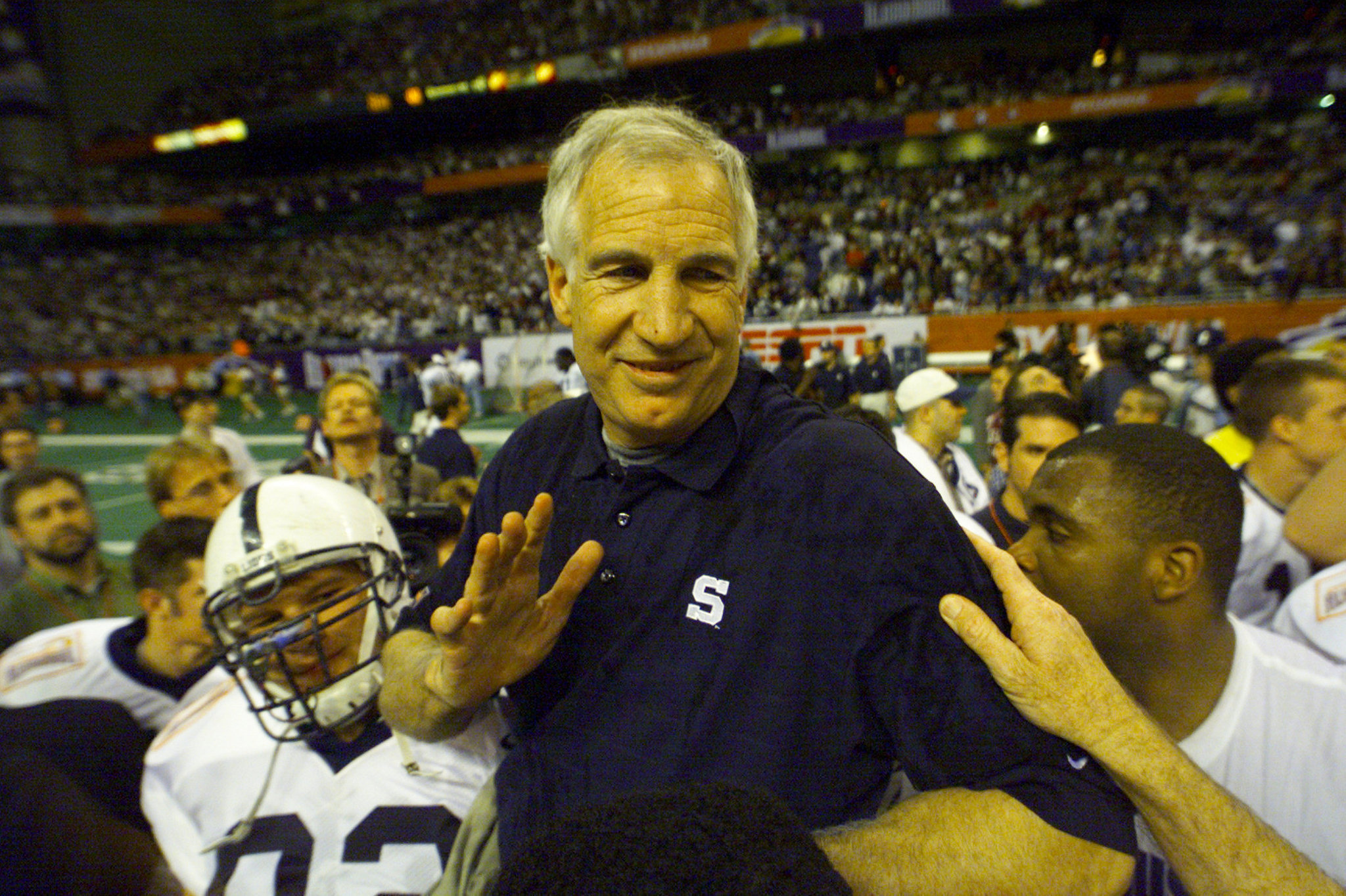
2. SMU’s Death Penalty
The NCAA issued its harshest punishment ever—the “Death Penalty”—to SMU in 1987 for running a slush fund to pay recruits. The football program was suspended for the 1987 season, allowed only road games in 1988, and banned from bowls and television appearances until 1989.
Additionally, SMU lost 55 scholarships over four years. The penalties devastated the program, which struggled to recover for decades, and remain a stark warning about unchecked recruiting violations.
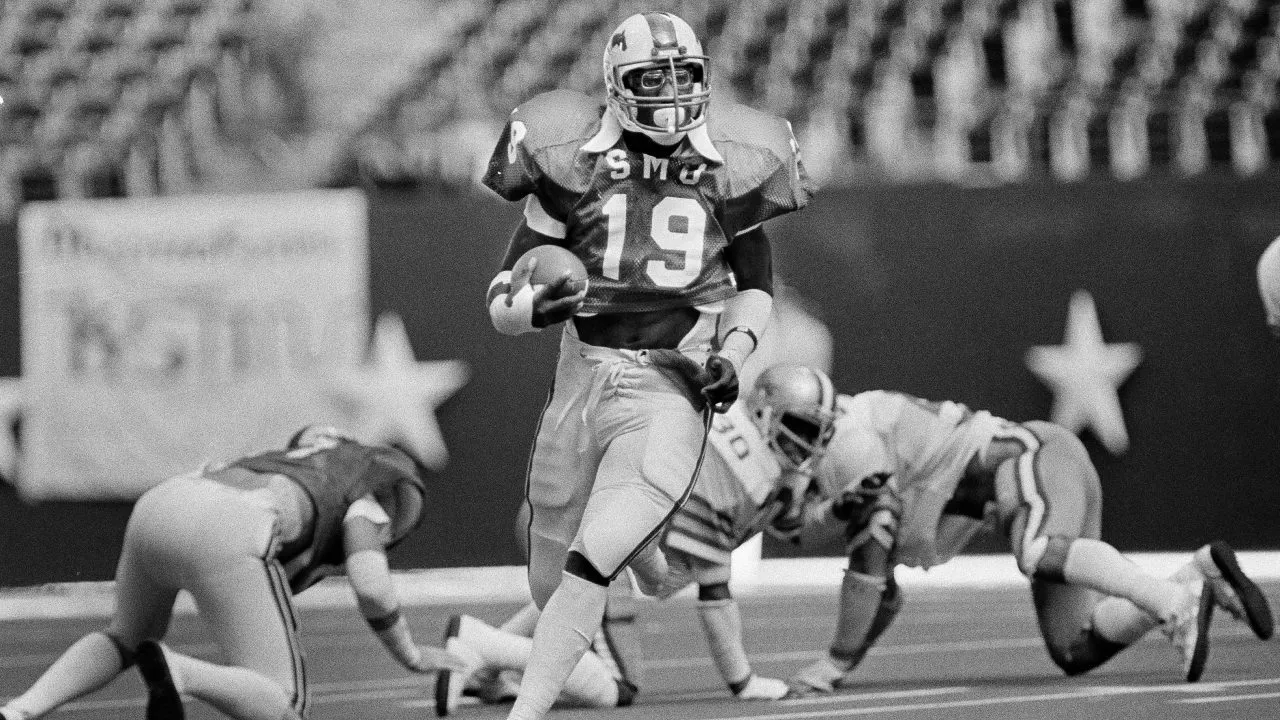
3. Michigan’s Sign-Stealing Scandal
Michigan’s impressive 2023 season was overshadowed by accusations of sign-stealing. Connor Stalions, a staffer, was alleged to have organized a scheme to scout opponents and record their signals in violation of NCAA rules.
The NCAA launched an investigation in October 2023, raising questions about the depth of the operation and its impact on Michigan’s performance. As potential penalties loom, this scandal raises critical questions about fairness and compliance in college football.
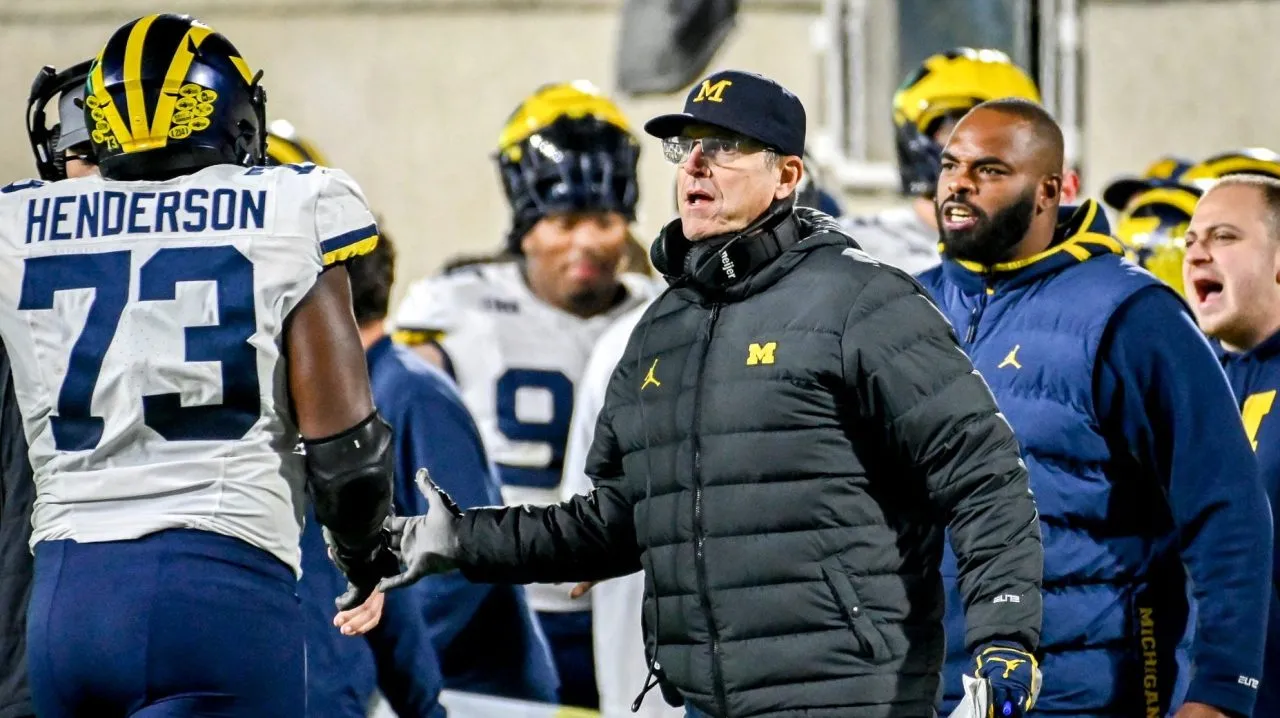
4. Miami and Nevin Shapiro
Between 2002 and 2010, Miami booster Nevin Shapiro provided improper benefits to dozens of players, including cash, jewelry, and luxury perks. After the scandal broke in 2011, Miami self-imposed bowl bans for 2011 and 2012.
The NCAA later reduced scholarships and placed the program on probation. Shapiro’s actions highlighted the influence of rogue boosters and exposed serious weaknesses in oversight at Miami.
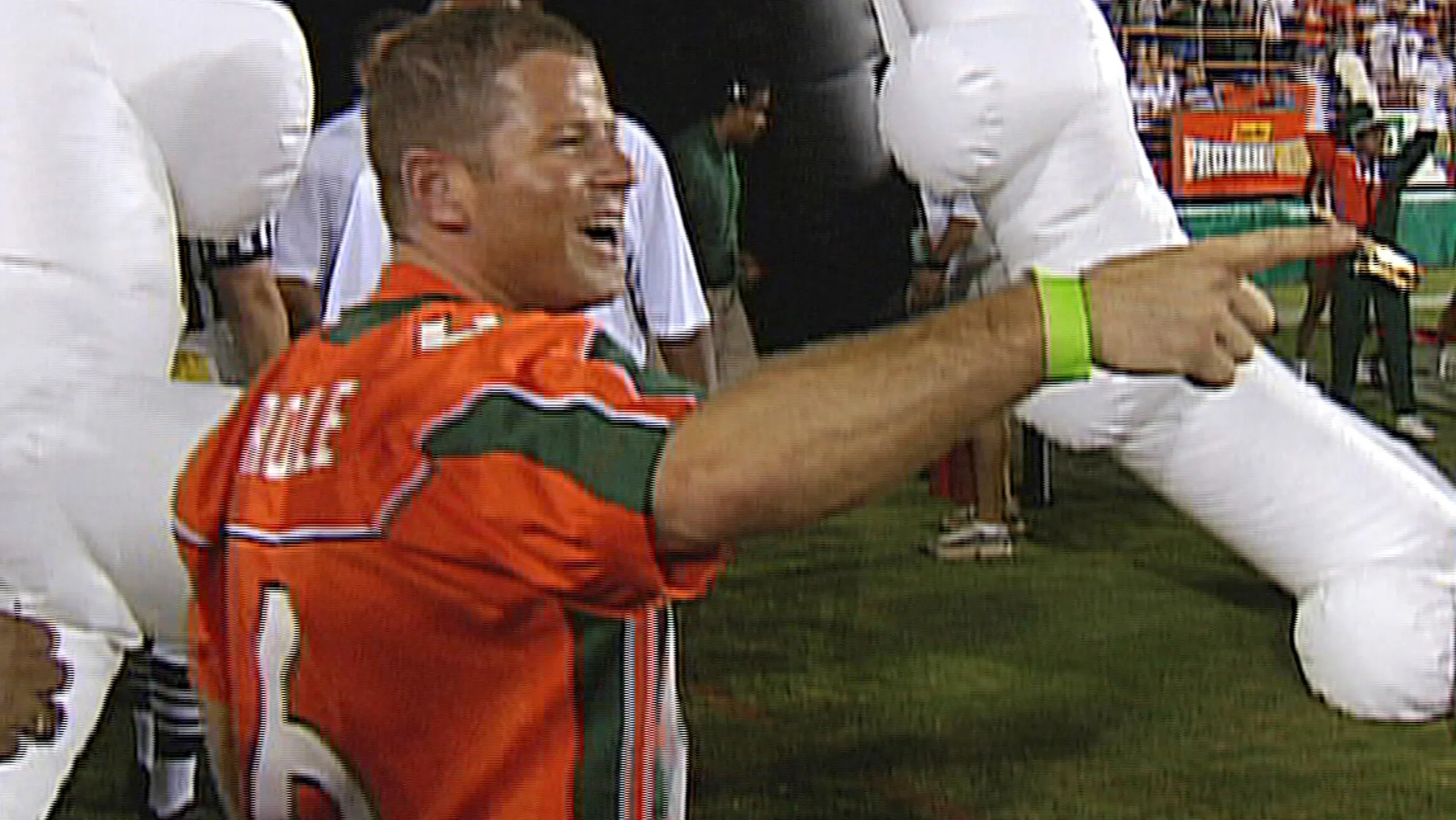
5. Baylor Sexual Assault Scandal
Baylor’s rise to prominence under Art Briles unraveled after a sexual assault scandal revealed a culture of neglect and misconduct. Investigations showed that the football program ignored or mishandled allegations of sexual assault involving players.
The fallout included Briles’ dismissal, the athletic director’s resignation, and the school president stepping down. Although the NCAA issued no penalties, Baylor’s reputation suffered immensely, prompting broader discussions about accountability in collegiate athletics.
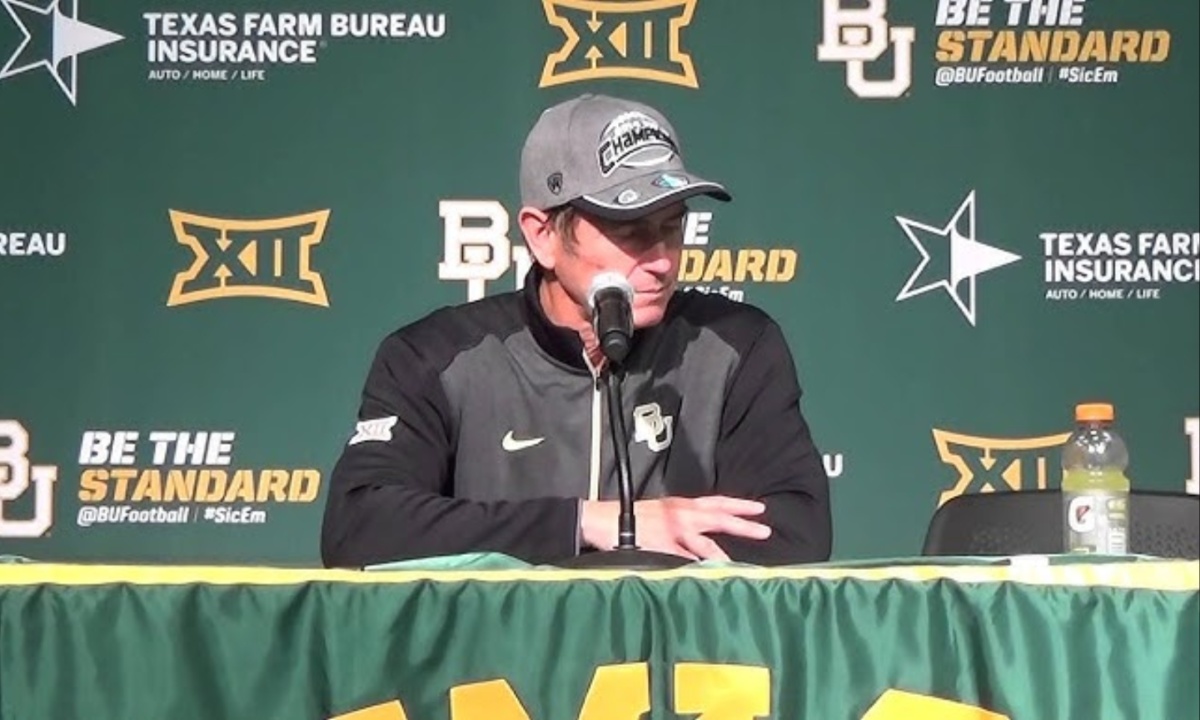
6. Tattoogate at Ohio State
In 2010, several Ohio State players, including quarterback Terrelle Pryor, exchanged memorabilia for tattoos and cash, a violation of NCAA rules. Head coach Jim Tressel resigned after it was revealed he had knowledge of the infractions but failed to report them.
The program faced a one-year postseason ban and scholarship reductions. Pryor left the school before the 2011 season, and the scandal marked a low point for Ohio State, damaging its standing in college football.
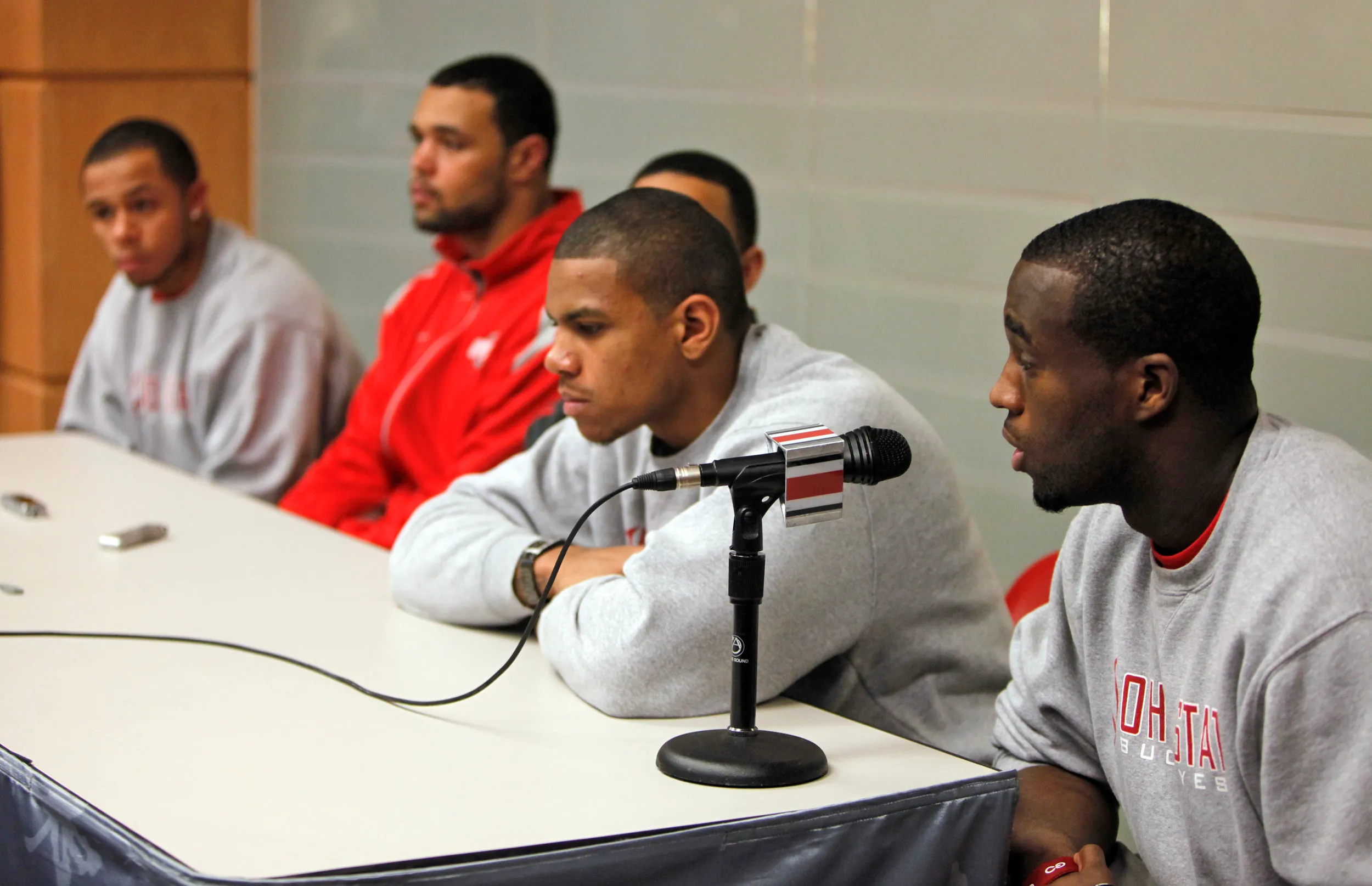
7. WakeyLeaks Scandal
The WakeyLeaks scandal of 2016 exposed unethical practices in the sport. Former Wake Forest assistant coach and radio analyst Tommy Elrod leaked game plans to opponents, including Louisville, Virginia Tech, and Army.
Elrod was fired and banned from the university, while the ACC fined Louisville and Virginia Tech $25,000 each. The controversy showcased the extremes of competitive pressures and ethical breaches in college football.
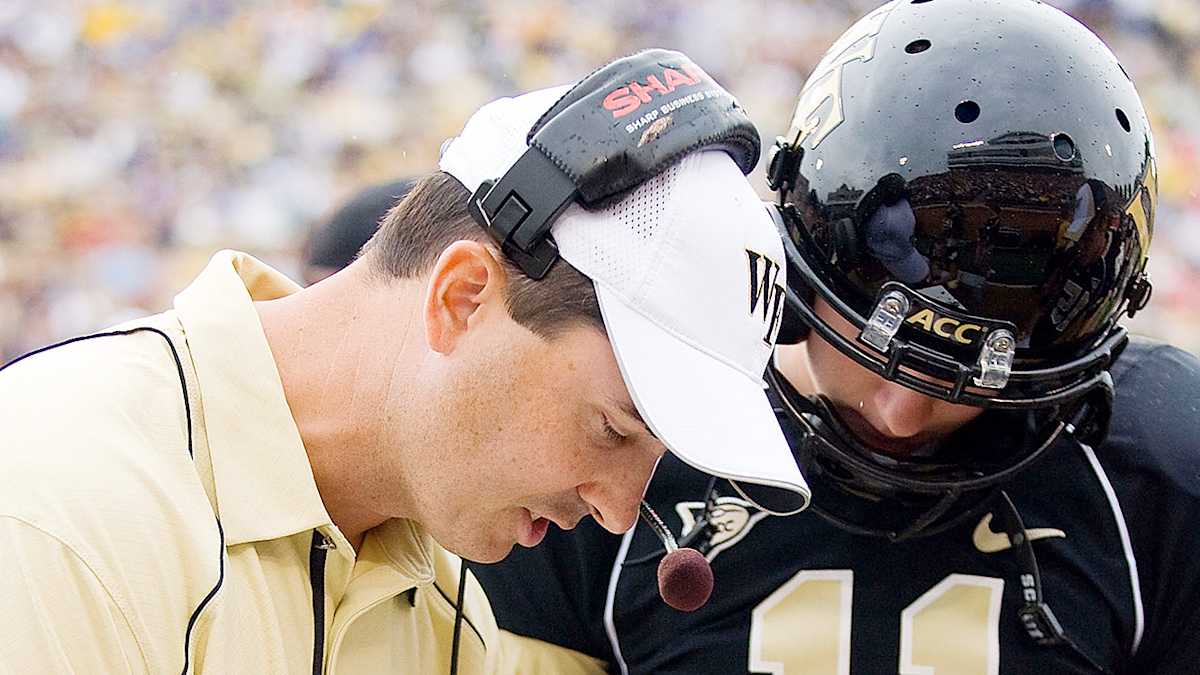
8. Reggie Bush Scandal at USC
Reggie Bush, one of college football’s brightest stars, was found to have accepted improper benefits while at USC. Bush received cash, housing, and other perks valued at approximately $100,000.
The NCAA imposed harsh penalties on USC, including a two-year postseason ban, scholarship reductions, and vacated wins. Bush became the first Heisman Trophy winner stripped of the award, making this one of the sport’s most high-profile scandals.
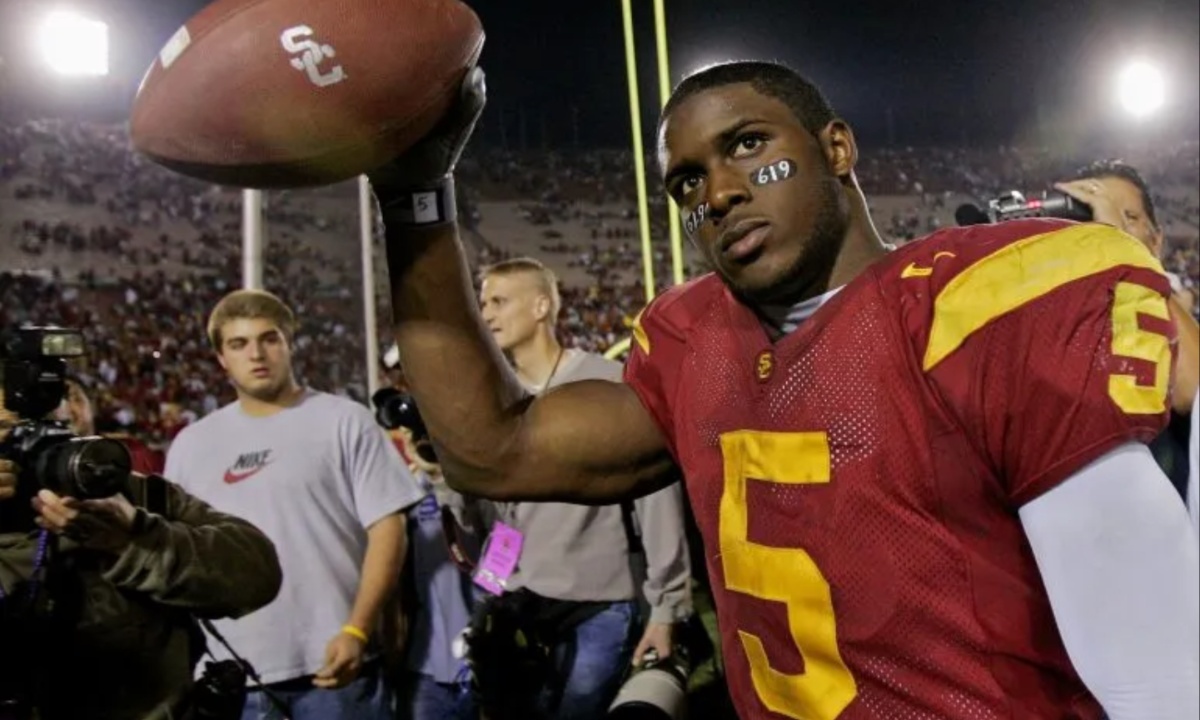
9. Academic Scandals
Academic misconduct has long plagued college football. In 1951, Army expelled 37 players for cheating on exams, while more recent cases include scandals at North Carolina and Florida State.
At North Carolina, players received credit for fake classes, while Florida State faced consequences for academic misconduct by its athletes. These incidents underscore the ongoing challenges of upholding academic standards in a highly competitive environment.
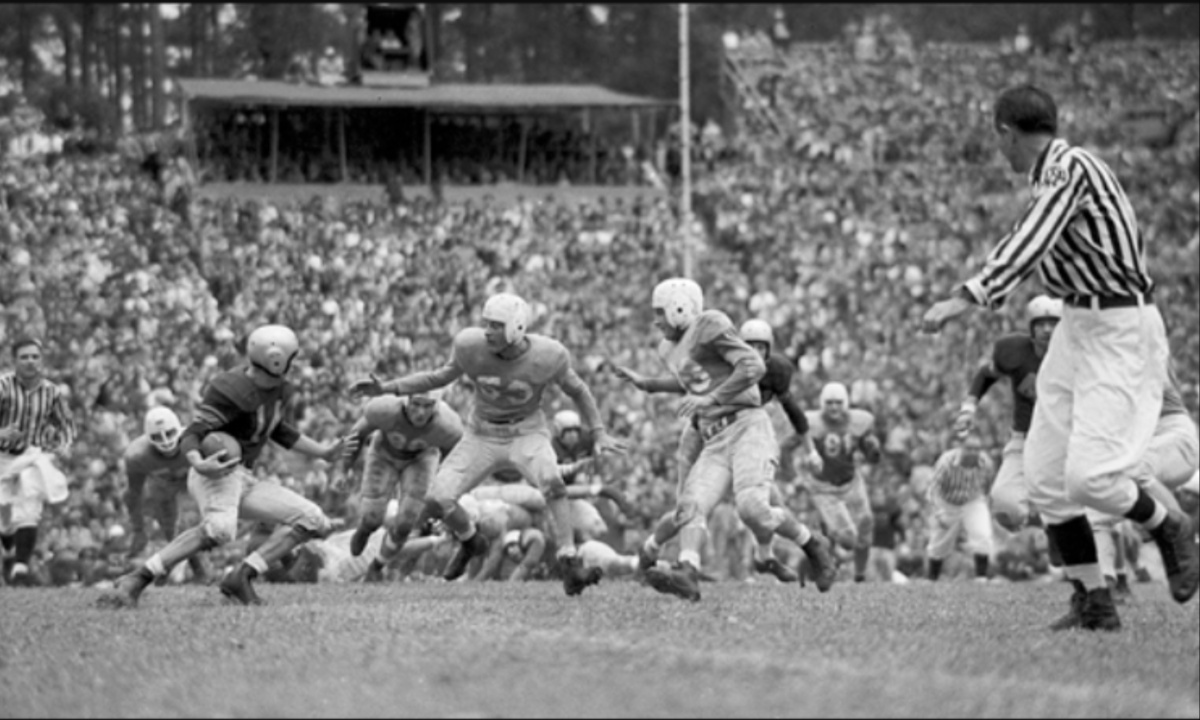
10. Bad Behavior by Coaches
Coaching scandals have also left their mark on college football. Alabama’s Mike Price was dismissed in 2003 for personal misconduct, and Notre Dame’s George O’Leary resigned after falsifying his resume.
Arkansas coach Bobby Petrino lost his job after a motorcycle accident revealed an inappropriate relationship, while Hugh Freeze of Ole Miss resigned in 2017 following allegations of personal misconduct. Such incidents reveal the intense scrutiny coaches face and the consequences of poor judgment.
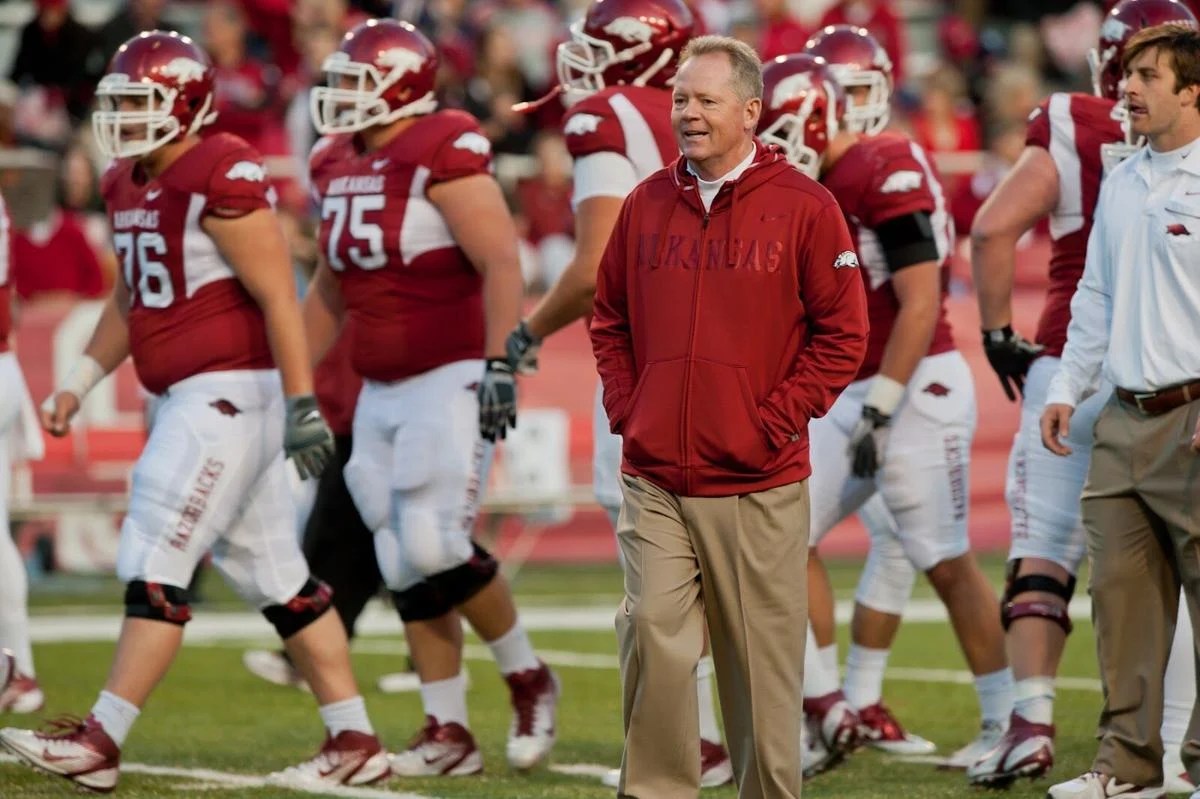
Scandals in college football expose systemic flaws, ethical lapses, and the immense pressures of maintaining success in the sport. From recruiting violations and academic fraud to misconduct by coaches, each incident leaves a significant impact on the programs involved. These scandals serve as stark reminders of the need for accountability, reform, and ethical leadership to preserve the integrity of college football in the face of its challenges.